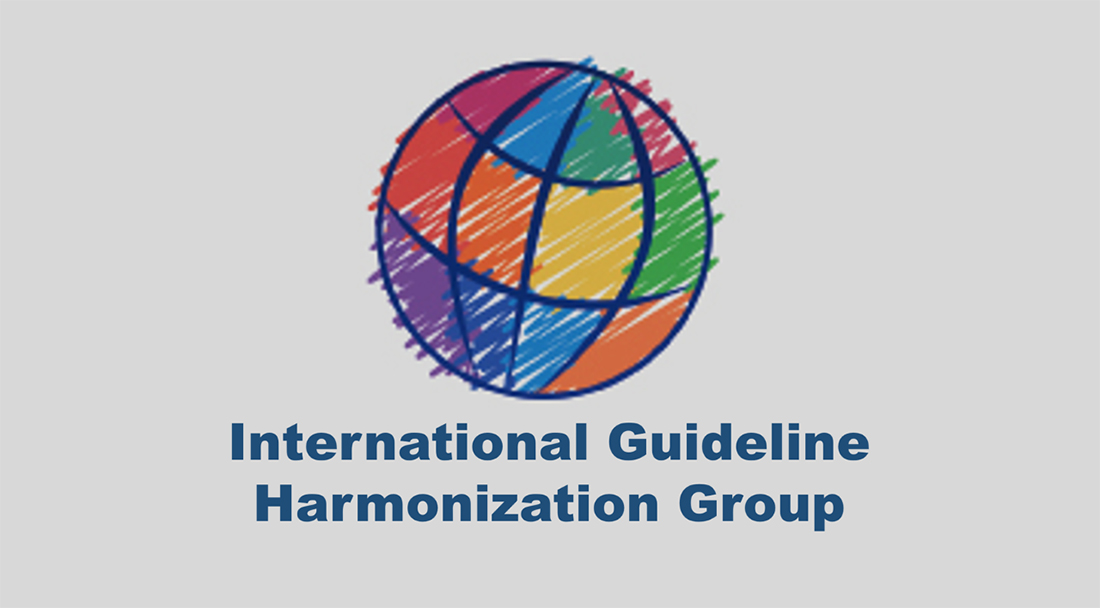
Counseling, Surveillance of Obstetrical Risks
This resource recommends obstetric care for childhood, adolescent, and young adult cancer survivors. Once you have selected this resource, review the color-coded key, then choose

This resource recommends obstetric care for childhood, adolescent, and young adult cancer survivors. Once you have selected this resource, review the color-coded key, then choose
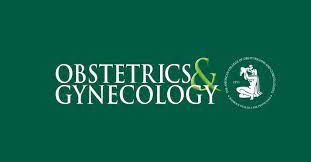
This review details important treatment-related activities that can result in reproductive concerns: surgery, chemotherapy, and radiation. It also discusses pregnancy complications of survivors. Further, it
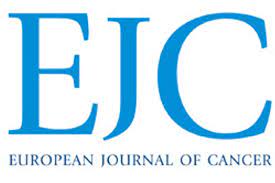
This study highlights substantial proportions of survivors who report sexual dysfunction. Intensive treatment and those who experience psychological concerns post-treatment are potentially at higher risk
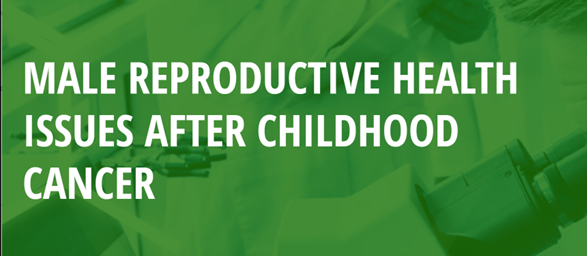
How childhood cancer and its treatments affect male reproductive function depends on many factors, including age at treatment, the type and location of cancer, and
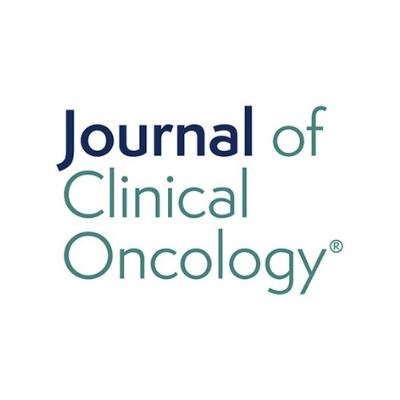
This study details information related to male reproductive hormonal health, sexual function, psychosexual considerations, posttherapy infertility, and hormone replacement therapy.
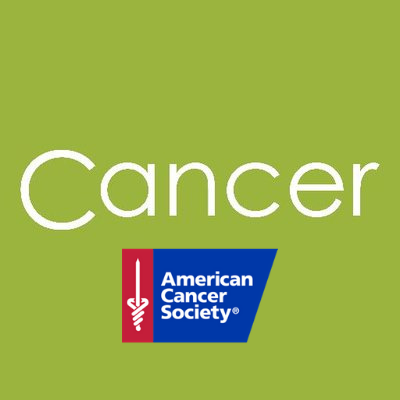
For childhood cancer survivors who have not been sexually active before cancer treatment, strategies for evaluation and treatment differ from those used with older survivors
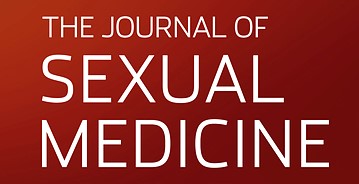
Men who have survived childhood cancer experience an increased risk for erectile dysfunction. Learn more about the risk factors for this condition. Attention to sexual
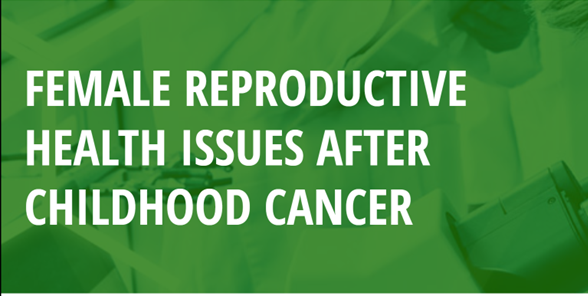
How childhood cancer and its treatments affect female reproductive function depends on many factors, including age at treatment, the type and location of cancer, and

This resource provides recommendations regarding premature ovarian insufficiency surveillance for female childhood, adolescent, and young adult cancer survivors. Once you have selected this resource, review
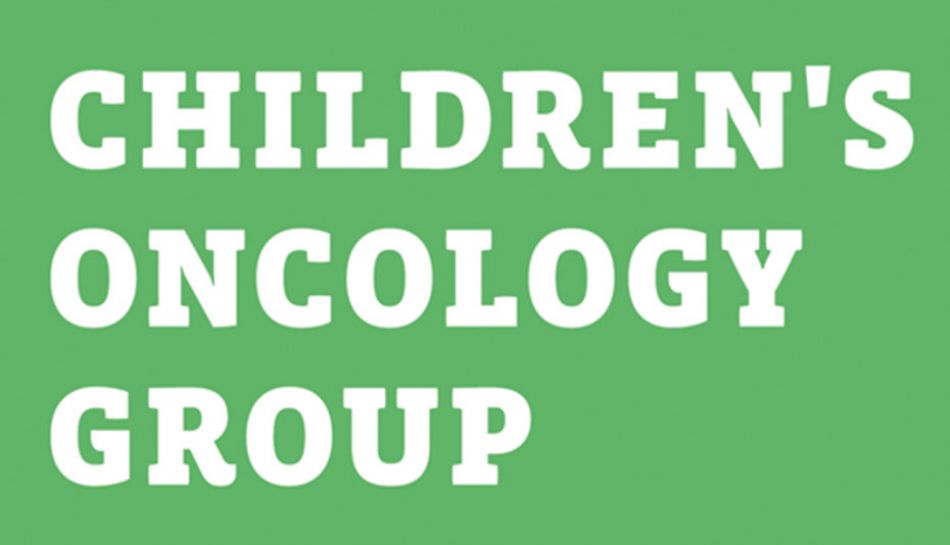
The effects of childhood cancer therapy on male reproductive function depend on many factors, including the boy’s age at the time of therapy, the type